The Story of Henry M
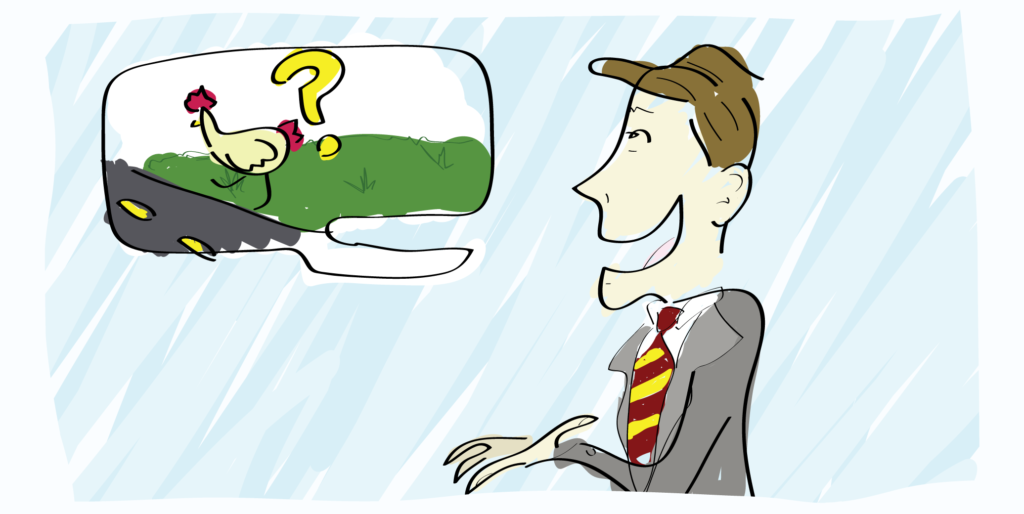
A while back, I ran across one of those funny YouTube videos. You know the kind. It was a video of some comedian telling a classic joke and after I memorized it verbatim and found delight in retelling it to people and annoying them, I researched the genre of long form jokes. There are quite a few, such as Nate the Snake, Edward and Tobias, Green Golf Balls, Hole in Juan, and Orange for a Head. I'm not even going to mention the most infamous one, but there has been a documentary made about it. The fun of these kind of jokes is to only know the punchline, and then make up everything until you get to it.
After running out of jokes, I came up with a new approach to telling the first joke I've probably heard, told it to a few people, and annoyed them to the point where they reciprocated with violence. Such a telling is rendered here, in grandiose, historically-accurate detail.
You wanna hear about ol' Henry, right? Well, I don't want to disappoint you. You know the look of terror that flashes in a man's eyes the moment he realizes he is going to die? Well, that look of terror is completely irrelevant to the following story.
Our story takes place years ago, back in the olden days when a young buck could make a living off of his talent and nothing else. Well, there was this promising financial genius that got his start by cleaning after the race horses at the track. His name was Henry McGillicuddy. He wasn't ol' Henry at the time. He was too young to be ol' Henry, as he wasn't old.
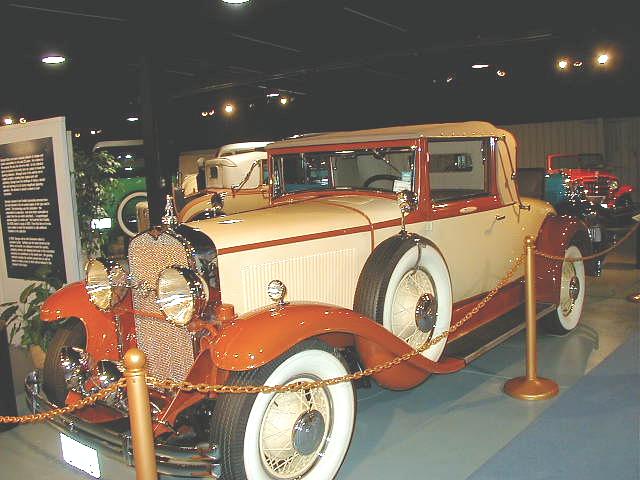
After years and years of proving his worth at the races, he finally got promoted to assistant manager and took over the daily operations of the joint. This included an office and a pay raise. Henry was good with numbers, and he turned that business around and starting making a real profit. When Henry got that promotion he bought a brand new LaSalle Series 340 with whitewalls and proposed to the love of his life, the gorgeous Marie Stapleton. He was two years her elder, and she had a promising career in the plays that was getting her a lot of attention for the movies. Why, she had already gotten a part in the first talking picture, The Jazz Singer. She was gonna be a bigger star than Greta Garbo, ‘cause Greta hadn't moved to the talkies at the time.
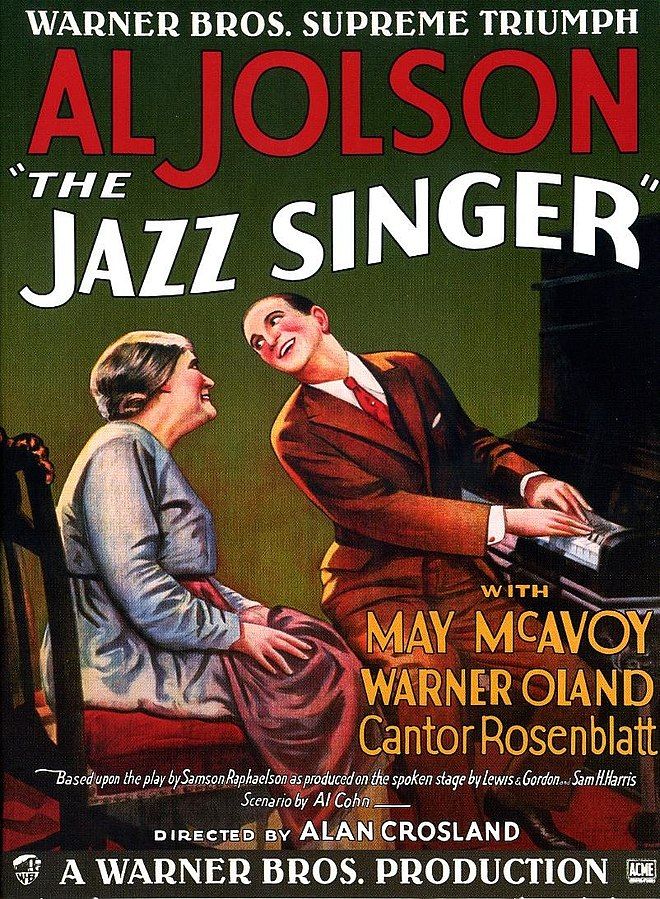
With the future looking great, Henry and his fiancé bought the old Miller house down by the lake. It was quite the bargain too, as Henry's father, Patrick, was great friends with Art Miller. They were in the Navy together patrolling the Irish Sea during the Great War. How do I know this? I was there! That Art Miller and Patrick McGillicuddy got on together swimmingly, but Patrick perished in the war when our ship, the USS Jacob Jones, was sunk on our way back to Queenstown. Anyway, Art set up Henry with an excellent offer, and Henry could do nothing but accept. He had his life planned out perfectly. He was going to get married in July, when Marie's parents were going to be in town.
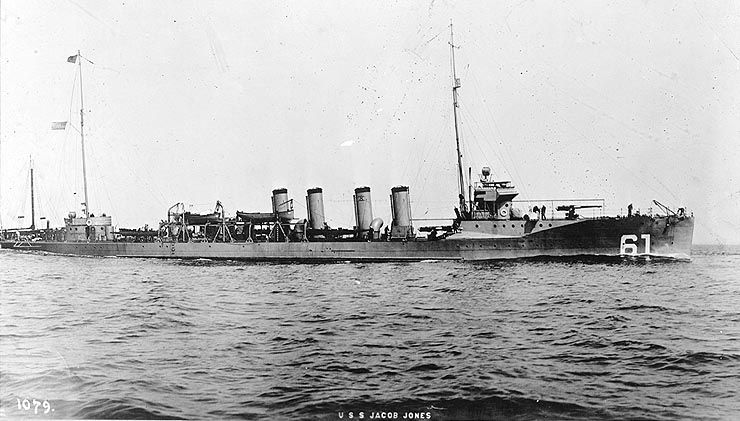
A week before the wedding, the entire town was excited. Marie's parents showed up a little early with a big surprise planned for the honeymoon. They were all going to Las Vegas and would see Dr J Robert Pauline, The World's Greatest Psychologist and hypnotist perform. The Stapletons had no problem with money, they had bought airline tickets for the four of them to Vegas. Back in those days, the few commercial airlines that existed were anything but cheap.
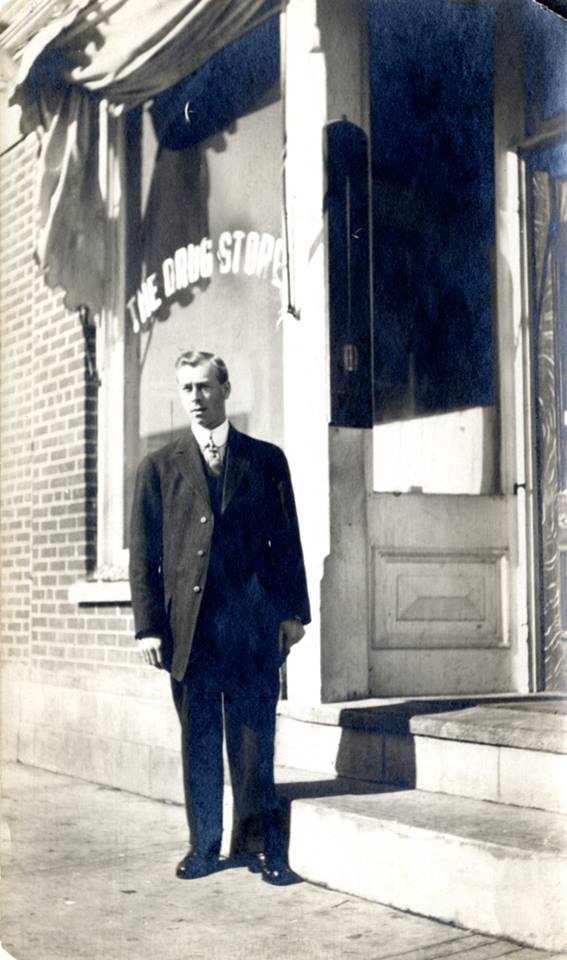
When they got to the show, Dr Pauline walked out onstage and selected an audience member at random.
He said, "When I snap my fingers twice, you will think that you are a chicken!"
The audience laughed at the idea, but then Dr Pauline snapped his fingers twice and the man started clucking and pecking. The audience was mesmerized. Dr Pauline then yelled "Rigid" and the volunteer froze. Dr Pauline asked for another volunteer. Marie's father playfully suggested that Henry volunteer. Henry did.
Dr Pauline said aloud for all to hear, "When I clap my hands three times, you will think you are a horse."
Henry bowed his head. He heard the three claps. Suddenly, he started neighing. He got on all fours and ran into the crowd, not without kicking with his rear legs the faces of his new in-laws.
When that hypnotist, Dr Pauline, saw what had just occurred, he panicked (probably because he was still on probation for throwing a waiter from the ninth floor of a hotel) and shouted, "Rigid!" (his usual hypnotism command). When that didn't work, he rushed up to Henry and said in a haste, "When I clap my hands, you will act more civilized!"
Henry heard the clap, looked around and saw the faces of horror and disapproval of his actions, and he ran out of the nightclub in shame. But he did not run as a man would run, he ran like a horse that was acting civilized.
Having too much shame to go back to the hotel and get the return flight ticket from the in-laws that were surely disappointed with their new son-in-law for injuring their precious faces, Henry had to hitchhike all the way back to our great state of Kentucky, for no one back home could—or would—wire him money. This in itself was quite a lengthy adventure that I will spare you the taxing details of, but, I will say that in two months' time Henry was back in town.
He rushed to the steps of his house and noticed a note on the door. His wife had flown back to town, and as a result had arrived long before and had ample time to prepare such a note.
The note read: "You kicked my parents, I'm kicking you out. I am having the marriage annulled, and your LaSalle 340 was repossessed because you failed to make the payments."
Henry regretted putting Marie's name on the deed to the house. He sulked to his job at the racetrack with a slow two-legged trot, he knew he would get some time to relax in his office.
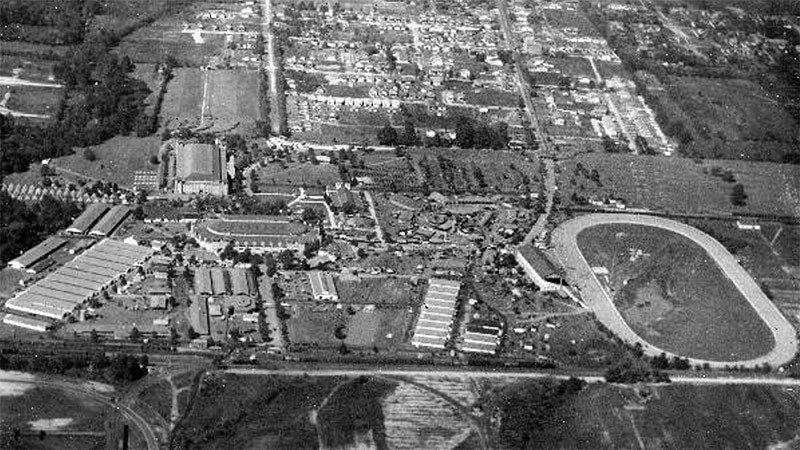
When he arrived at the track, he saw with fresh eyes the atrocities that were being committed: Horses being forced to run—being forced to slave away, all for the amusement of grotesque humans. Henry could not stand this.
Still thinking that he was a civilized horse, Henry ran to the stables and screamed, "Let my people go!" just before he freed the oppressed horses.
The manager approached him immediately and calmly inquired, "WHAT ARE YOU DOING? WE CAN'T JUST LET ALL THE HORSES GO! YOU ARE FIRED!"
Now poor Henry (the man who thinks he is a civilized horse) sulked and sulked and walked and walked. He had lost everything! His wife, his job, his home, his car. He was the definition of tragedy. He sat down on the curb of the street next to an unkempt vagrant. He asked the homeless man how he was doing.
"I can't complain. All I want is a drink," replied the sad tramp.
Henry thought to treat the man to a glass of whiskey, as he could use the company, and he had no better use for what little money he had left.
"Let's go to the bar. By the way, my name is Henry. I am a horse. I am very tired and depressed. I've lost everything."
When the two got to Mike's, the town’s blind pig (that’s what we called saloons in the dark days of Prohibition), they went inside. The homeless man led the way and approached the counter, with the civilized horse remaining by the entrance of the establishment.
"Bartender, a glass of rye whiskey, if you don't mind," said the vagrant, with the full weight of one who had seen some hard times.
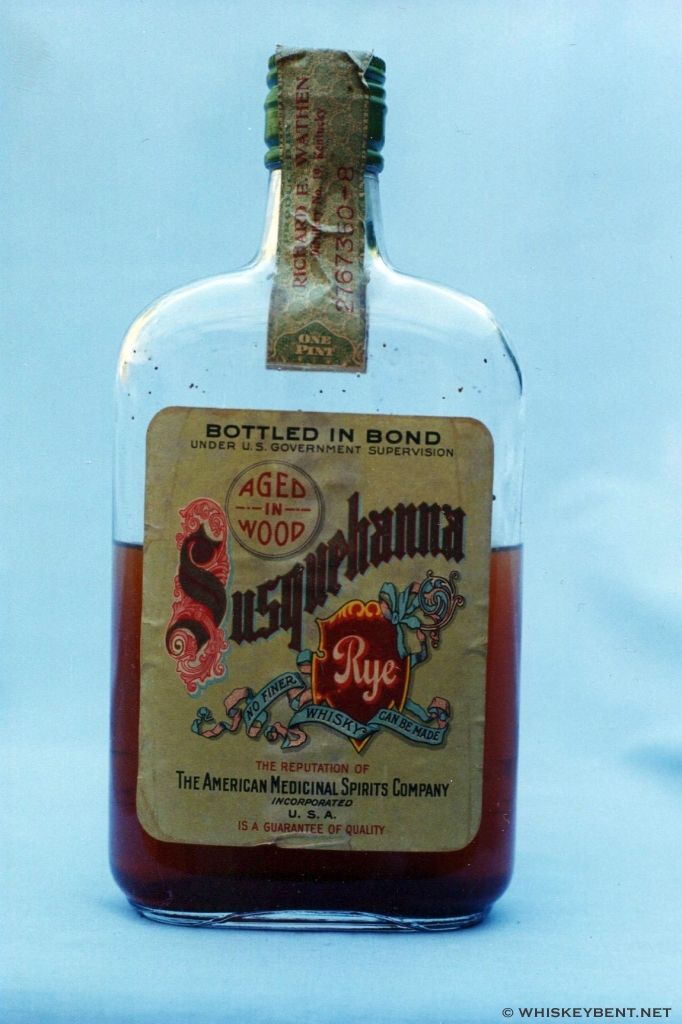
The bartender didn't mind and poured him a drink. Henry slowly went up to the bartender, but his mouth did not work because his sorrow overpowered him. He could not help but feel miserable, so he looked down at his feet (or as he saw them, hooves).
The bartender took one look at Henry and asked, "Why the long face?"
Please don't hit me.
